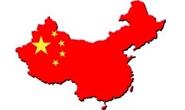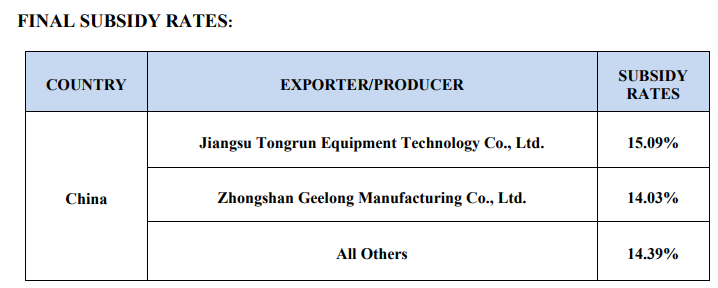Government/Policy

November 28, 2017
China Tool Chests Hit with CVD Duties by Commerce
Written by Sandy Williams
Imports of tool chests and cabinets from China will likely be subject to countervailing duties once the International Trade Commission makes its final injury determination. The U.S. Commerce Department issued its affirmative final determination on Nov. 22, calculating final subsidy rates ranging from 14.03 percent to 95.96 percent. As a result of this decision, Commerce will instruct U.S. Customs and Border Protection (CBP) to collect cash deposits from importers of tool chests and cabinets from China based on these final rates.
“The unfair government subsidization of products is something the Department takes very seriously,” said U.S. Commerce Secretary Wilbur Ross. “We will continue to take action on behalf of U.S. industry to defend American companies, their workers, and our communities adversely impacted by unfair imports.”
The scope of this investigation covers certain metal tool chests and tool cabinets, with drawers, from the People’s Republic of China. The petitioner in the case is Waterloo Industries, located in Missouri.

The ITC is currently scheduled to make its final injury determination by Jan. 8, 2018. If the ITC makes an affirmative final injury determination, Commerce will issue a CVD order.
Enforcement of U.S. trade law has been a prime focus of the Trump administration. Year-to-date, Commerce has initiated 77 antidumping and countervailing duty investigations, a 61 percent increase from 48 in the previous year.







